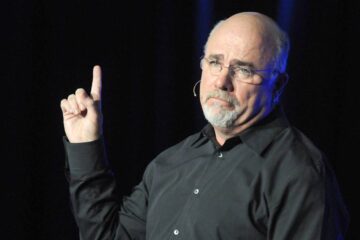Bank of America settled a class action lawsuit last year over illegal overdraft fees.
Bank of America (BAC) – Get Bank of America Corp Report is following some of its other banking peers down a more customer friendly path, announcing Tuesday that it plans to eliminate check bouncing fees and reduce overdraft fees.
Starting in February the bank will eliminate non-sufficient fund fees. In May, the company will reduce overdraft fees to $10 from $35.
“Over the last decade, we have made significant changes to our overdraft services and solutions, reducing clients’ reliance on overdraft, and providing resources to help clients manage their deposit accounts and overall finances responsibly,” said Holly O’Neill, BAC’s president of retail banking.
Bank of America is following the lead of Capital One (COF) – Get Capital One Financial Corporation Report, which announced last month that it is ending overdraft fees altogether.
The Consumer Financial Protection Bureau estimated last month that the major banks took in nearly $15.5 billion in overdraft fees in 2019, and that 40% of that amount went to JPMorgan Chase (JPM) – Get JPMorgan Chase & Co. Report, Bank of America and Wells Fargo (WFC) – Get Wells Fargo & Company Report.
The change hasn’t come without pressure from Washington.
In August, Sen. Elizabeth Warren (D-Mass.) reintroduced legislation designed to crack down on “exploitative overdraft fees.”
The Stop Overdraft Profiteering Act of 2021 was written to ban overdraft fees on debit card transactions and ATM withdrawals, while also limiting the amount of fees placed for checks and recurring payments.
“Exploitative and excessive overdraft fees allow banks to reap enormous profits at the expense of the most economically vulnerable people,” Sen. Corey Booker (D-N.J.), co-sponsor of the bill, said.
In May, Bank of America agreed to a $75 million class action settlement for extracting overdraft fees it didn’t earn from customers with savings and checking accounts.


